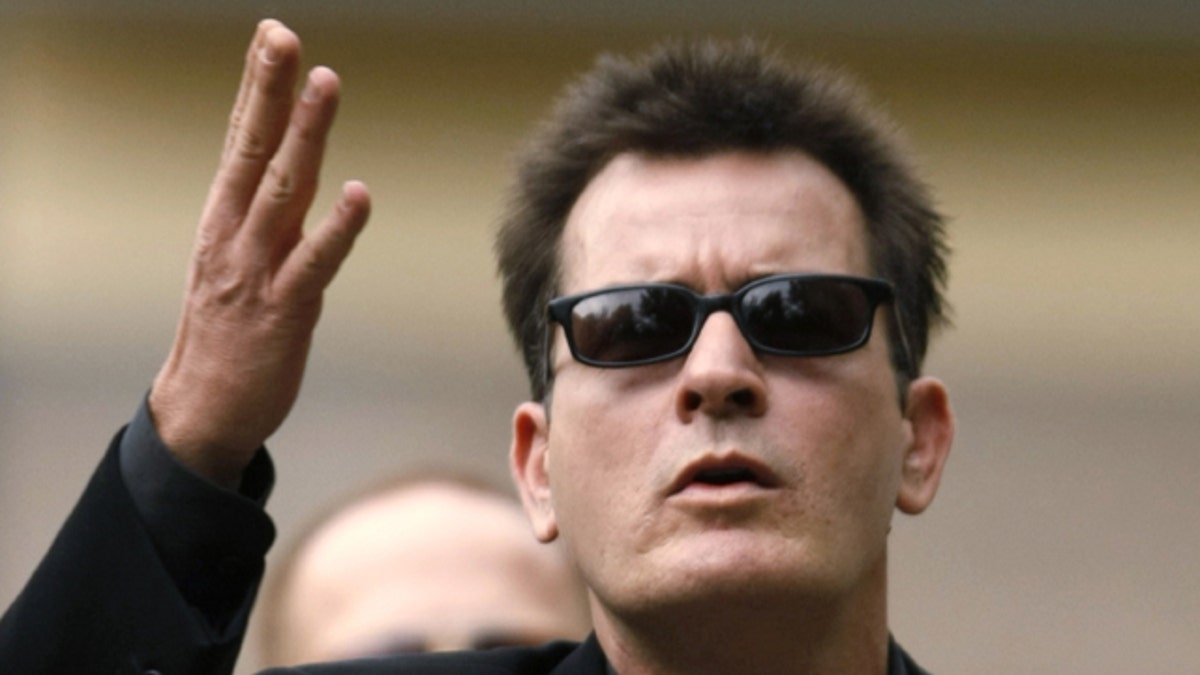
I don’t know Charlie Sheen. He isn’t one of my patients. And were it not for the fact that he has appeared on national television with psychiatric symptoms, I wouldn’t comment on him. But he has, so some explanation is needed.
Charlie Sheen has admitted to drug abuse and may or may not be suffering with another psychiatric disorder related to extremes of mood.
Most recently, his mood seems to be grandiose, even to the point of showing fixed and false beliefs (called delusions) that he is a superior human being possessed of special powers. His speech seems pressured to me—coming in rapid-fire bursts that are coherent, but comprised largely of attacks on others. He has launched a massive lawsuit against his employers that may show poor judgment. He seems to be “hypersexual”—engaging in sexual relationships in a driven way that may be nearly involuntary. All these signs and symptoms can certainly reflect mania—the “high” phase of bipolar disorder, thought of as the flipside of depression. But I haven’t interviewed Mr. Sheen, so I certainly wouldn’t hazard a diagnosis. Formally diagnosing a person without interviewing him or her is prohibited by the American Psychiatric Association, partly in order to prevent labeling and stigmatizing public figures.
Whatever the diagnosis or diagnoses may be, the content of Mr. Sheen’s speech is at least as important. If you listen to what he says to interviewers, then think about the content as a defense against his truth, you may begin to understand what could be happening to him psychologically.
One way the human mind defends against negative, threatening emotions is by desperately holding onto their opposites, as if to get as far away from the truth as possible and be spared the associated pain.
Sheen is talking a lot about being special and worthy of admiration—even worship. He is talking about finally accepting that he is superior to others. If those positions are actually psychological defenses, then they are likely shielding him from opposite beliefs he holds very deeply.
These beliefs may include self-loathing and feelings of worthlessness, linked to extreme doubt about whether he was ever unconditionally loved. And such real, gut-level, negative feelings can come from being disregarded as a child or adolescent, or overshadowed, or abused, or narcissistically injured in other ways.
By the way, such defenses—even the flight into pathological ego provided by mania itself—never keep the truth at bay forever. They are an imperfect fortress. That’s why people end up trying to hold up the walls of their defenses by using anesthetics to numb their pain—like cocaine, or alcohol, or sex, or wild spending on $75,000 watches (sound a little like Mr. Sheen?) And if such a watch were to be stolen—as Mr. Sheen reportedly accused an escort of doing—it isn’t just theft of a timepiece, it is theft of one’s defense against feeling worthless. And it could lead a man to tear up an entire hotel room and threaten that escort’s life.
Ultimately, in the end, nothing works to comfort a man who believes he is worthless other than to confront that fear—by lowering all defenses, dropping all shields, making amends and seeing whether anyone remains by his side or comes to his aid. Nothing works other than realizing that he has been on the run from feeling unloved or unlovable, when the truth is that he was worthy of love the whole time. The only other way this sort of story ends is, tragically, in complete destruction.
Dr. Keith Ablow is a psychiatrist and member of the Fox News Medical A-Team. He is a New York Times best-selling author, and co-author, with Glenn Beck, of the book "The 7: Seven Wonders That Will Change Your Life". Dr. Ablow can be reached at info@keithablow.com.
